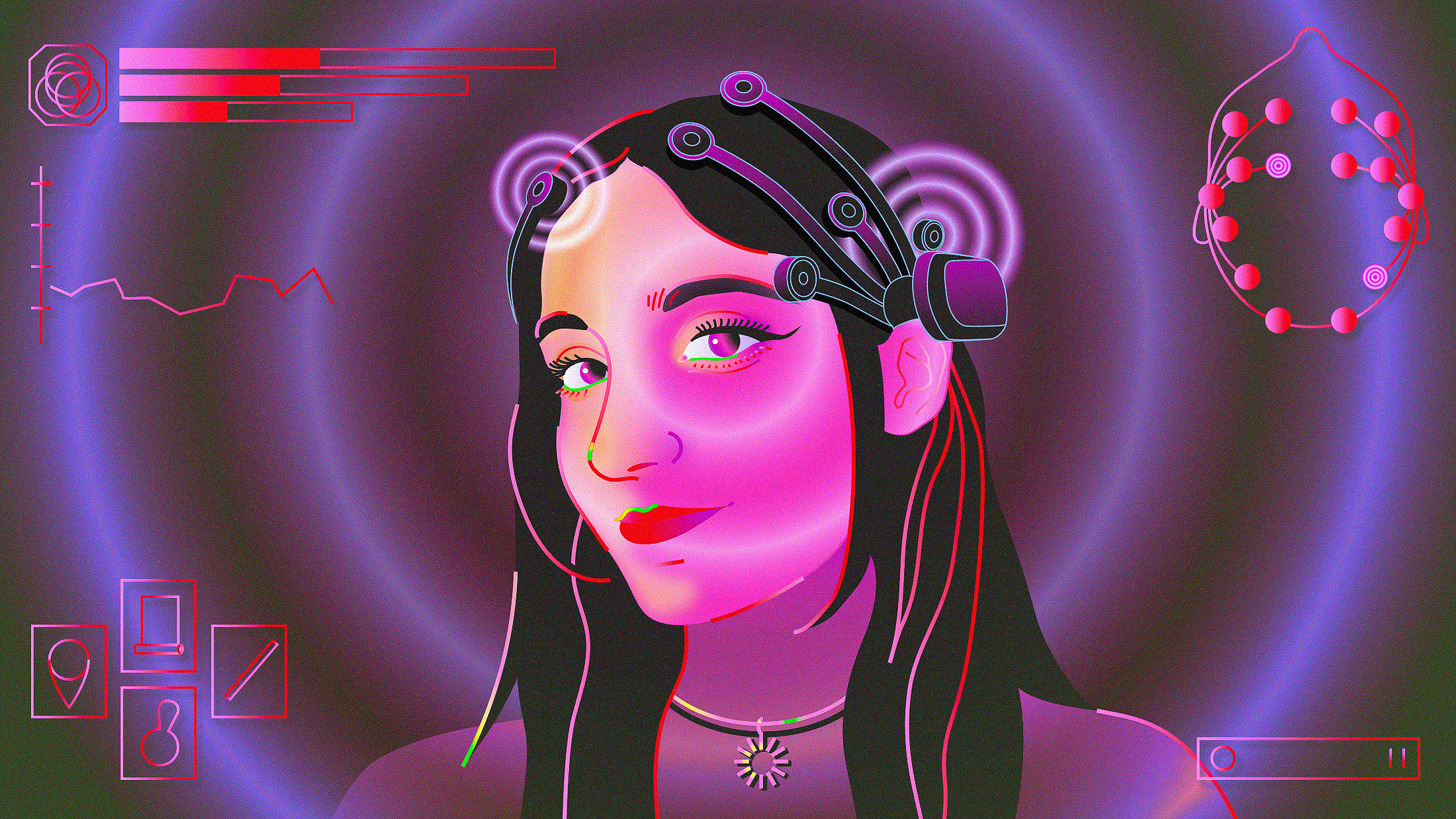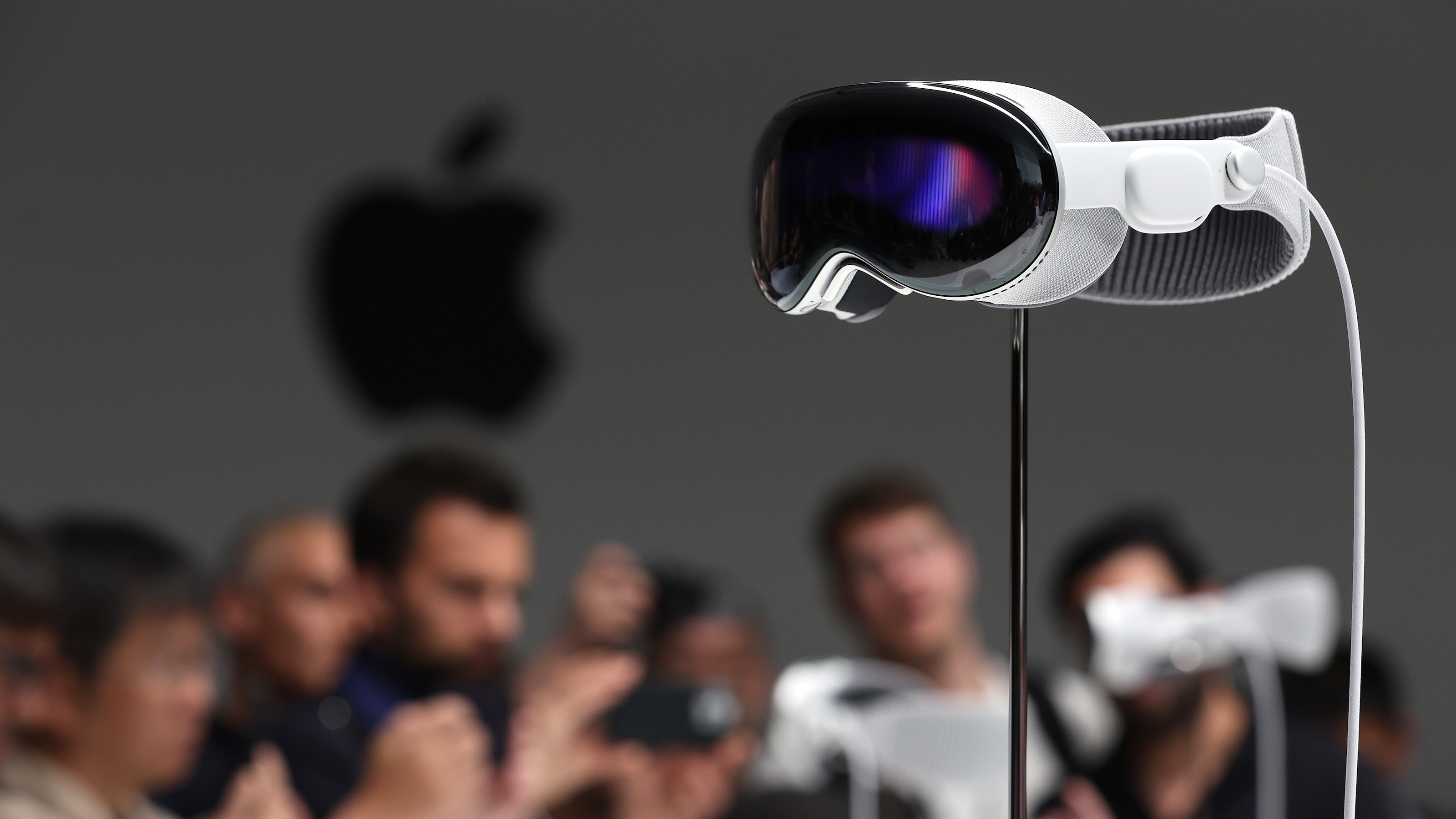Virtual reality warps your sense of time

Photo by Bradley Hook from Pexels
- Gamers often report losing track of time while playing, but virtual reality headsets amplify this effect.
- Test subjects using headsets were off by an average 28.5 percent more than those using a typical screen.
- A potential application of this finding is using it to help people endure difficult medical procedures, such as chemotherapy.
Whenever we’re immersed in something, time goes by quickly. This is a particularly common occurrence for people who play video games. Glancing up at the clock, gamers are surprised by how many hours have vanished.
This phenomenon has a name: time compression. And a new study on it shows that the effect is greatly amplified for people using virtual reality.
Let’s do the time warp again

The participants, all college students getting credit for participation, were asked to play a game either using a typical computer screen or by using an Oculus Rift VR headset. The game was a simple maze activity. Players tried to tilt a maze (such as the one seen above) to move a ball to the gold block at the end. Guiding the ball into a hole would cause the level to reset. They were asked to estimate when five minutes had passed and to stop playing at that time. Observers in the next room recorded how long it actually took.
After playing on their first device, players were asked to switch to the other where they repeated the experiment.
The study initially involved 41 participants, though two of them provided estimates that were so incredibly bonkers that they had to be excluded. (Perhaps these two wandered into a mental wormhole?) Those playing the game with the headset estimated that five minutes (300 seconds) had elapsed after an average of 327.4 seconds; those playing on a monitor estimated that five minutes elapsed after 254.8 seconds, a difference of 72.6 seconds.
Interestingly, this time compression only occurred when participants played using the VR headset first. This may have been because those who used the monitor first were better able to judge the length of time having already played it on a regular screen.
Let’s do the time warp again
Why does time compression occur? One possibility is that being totally immersed within a VR environment prevents a person from observing their own body. Bodily awareness appears to be linked to accurate time perception, and people in a VR environment are deprived of this awareness. Thus, their perception of time becomes warped.
The researchers’ findings have important implications, especially for gamers as VR becomes more popular:
“Time compression might cause VR users to unintentionally spend excessive amounts of time in games, especially as [head-mounted displays] become more comfortable to wear for long sessions. Even non-immersive games entail some risk of addiction, which has been associated with depression and insomnia (Kuss & Griffiths, 2012). VR games may pose a greater risk of interfering with their players’ sleep schedules, mood, and health by reducing their ability to notice the passage of time. Developers should take care not to create virtual ‘casinos’; a clock should always be easily accessible, and perhaps even appear automatically at regular intervals”
On a more positive note, the study reinforces the findings of a previous one showing that patients undergoing chemotherapy sessions while using VR headsets also reported time compression effects. Other research shows that VR is a surprisingly effective painkiller through the power of distraction.
In the future, VR won’t just be for video gamers. It could play an important role in medicine and patient care.





